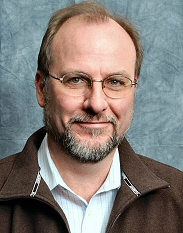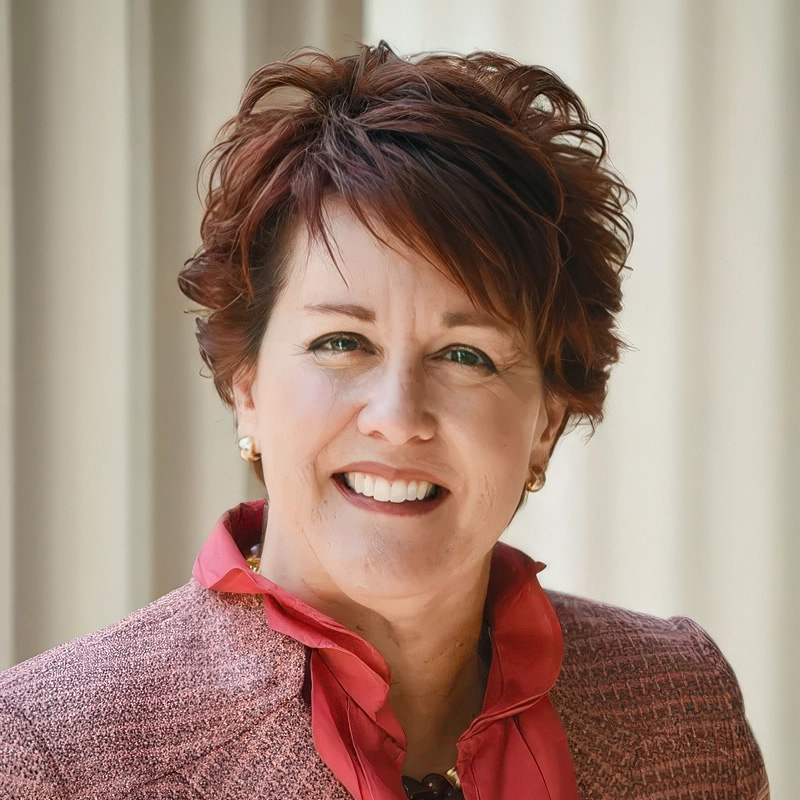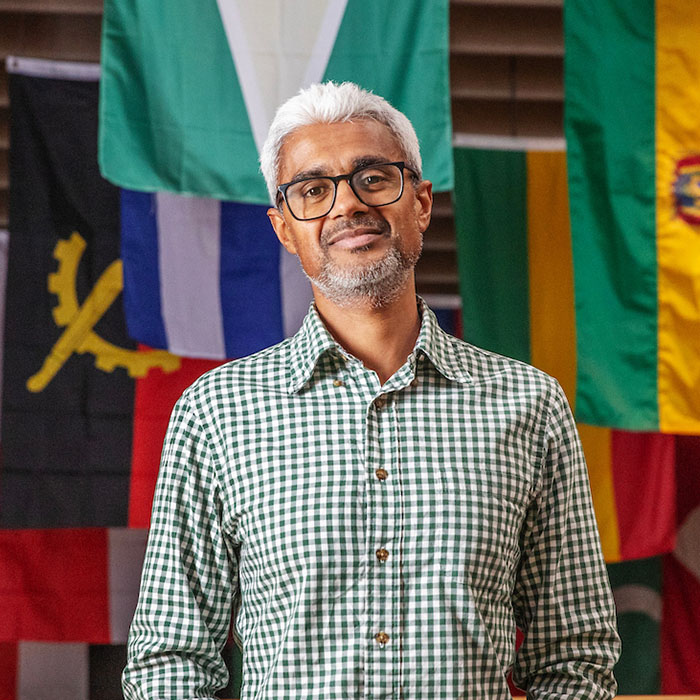Moseley Lecture set for Wednesday, Feb. 24

Reg Lilly
Psychological trauma and the power of art to reveal both the mundane and timeless aspects of a single moment of life will be the subject of this year's Edwin M. Moseley Faculty Research Lecture at Skidmore College. The talk, titled "Trauma - Beauty," will be presented by Skidmore philosopher Reginald Lilly beginning at 8 p.m. Wednesday, Feb. 24, in Gannett Auditorium in Palamountain Hall on the Saratoga Springs campus.
Free and open to the public, the lecture will be followed by a reception. Selection as the Moseley Lecturer is the highest honor the Skidmore faculty can confer upon a colleague, who is invited to describe current research and share significant findings.
Lilly specializes in contemporary and 19th-century European thought and pursues interests
in the philosophy of art, literature, and psychoanalysis. His Moseley Lecture is drawn
from two series of lectures he delivered in Paris in 2005 and 2007, which will be
part of his new book Traumatic Being: An Analytic of Ultimates. Lilly's research combines metaphysics, which is the study of being, with trauma
theory, creating " a synthesis of philosophy and psychoanalysis," he said. "My general
thesis is that there is a schism in the heart of being, a divide between how things
are and how we think and talk about them."
That "schism in the heart of being" lies in the two ways humans relate to time, Lilly
explained. The first can be described as narrative ("how we talk about things") because,
in any given moment, he said, "we're constantly narrating and synthesizing our experience.
But there's also something prelinguistic, or alinguistic, or prelogical about how
things really are that makes each moment unique, or singular. We relate to every moment
of our lives in both a narrative and a singular way. Normally these two ways of relating
to the moment are in sync." The difference between them is dramatically driven home
in cases of psychological trauma, Lilly added, when an overwhelming event - such as
a betrayal, a natural catastrophe, abuse, a death - "classically destroys our ability
to make sense of the moment, often leaving us mute. Sometimes we can't even really
tell what happened. Neuropsychologically, trauma is the paralyzing of our information-processing
capabilities."
The "beauty" mentioned in the lecture's title refers to art, where "we see the two
different temporal modes at work, both the singular moment itself and the narrative
'harvest' we make of it," Lilly said. To demonstrate, he will screen excerpts from
video loops by the pioneering video artist Peter Campus, who developed video techniques
in the early 1970s to explore the self, illusion, and reality, works that reflected
the artist's interest in behavioral psychology and the physiology of perception. Campus,
whose work was on view in the 2006 Tang Museum exhibition Therefore I Am, is expected attend the Moseley Lecture.
"Our experience of time is way more complex in our lives than we think," Lilly said.
"But all it takes to understand this lecture is to know a little about life, to have
been around the block once or twice."
A professor of philosophy and former chair of the Department of Philosophy and Religion
at Skidmore, Lilly earned a B.A. from the University of Vermont where he designed
his own major, "Interdisciplinary Perspectives of Mind and Self," which combined philosophy,
music, psychology and religion. He received both his M.A. and Ph.D. in philosophy
from Duquesne University; he also studied at the Universit t Heidelberg in West Germany.
His academic awards and honors include a Mellon Foundation Faculty Career Enhancement
Grant, a National Endowment for the Humanities grant, a Research Fellowship at the
Katholieke Universiteit Leuven in Belgium from the Belgian National Research Foundation,
and a Translation Award from the French Ministry of Culture. Lilly was elected a Correspondant
to the Coll ge international de philosophie in Paris in 2005. He was a founding member
and served as a co-director for the 2000-03 International Symposium for Phenomenology
in Perugia, Italy, and secretary-convener for the 1995 Heidegger conference.
His published works include translations from the French of Broken Hegemonies (2003) by Reiner Sch rmann; Michel Haar's The Song of the Earth (1993), and the German-language works The Principle of Reason by Martin Heidegger (1991) and Werner Marx's Is There a Measure on Earth? (1987). He has published numerous articles and reviews in scholarly journals in the
U.S. and abroad. His courses at Skidmore include metaphysics, philosophy of art and
literature, and contemporary French and German philosophy.
The Moseley Faculty Lectureship is named for English professor and dean of faculty
Edwin M. Moseley, who began his Skidmore teaching career in 1937 and later served
as the college's first provost. In 1979, the annual faculty research lecture (originally
established in 1957) was named in Moseley's honor. The award recognizes a Skidmore
faculty member for outstanding scholarly achievement, artistic accomplishment, academic
research, and/or creative work and acknowledges an exemplary level of scholarship
and achievement.


